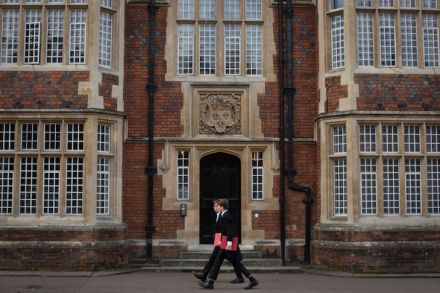Why was a disabled grandad sacked by Asda for sharing a Billy Connolly clip?
I don’t prefer shopping at a specific supermarket. For some it’s a sign of social status, like the toffs who pride themselves in navigating the aisles of Waitrose, while sneering at the plebs in Lidl. However, my supermarket choice may now be influenced by the outrageous behaviour of Asda (in Dewsbury), who sacked a disabled grandad for sharing a clip of Billy Connolly ridiculing both Islam and Christianity on his personal Facebook page. Has blasphemy become a sackable offence in modern Britain? The man in question is 54-year-old Brian Leach from Yorkshire. Leach, who’d worked for Asda for five years, told the Examiner Live: ‘I was summarily dismissed without notice




















